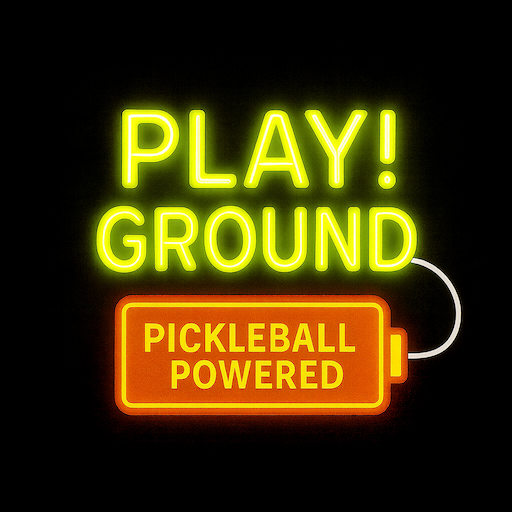From Courts to Communities: How Pickleball Builds Brand Loyalty Beyond the Game
Source: aftermarketNews
In today’s competitive marketing landscape, brands are constantly searching for ways to connect with their audience beyond traditional advertisements. One of the most exciting opportunities lies in experiential engagement through sports, and in Singapore, pickleball is emerging as a powerful vehicle for brand loyalty. While many associate pickleball with fun, fitness, and social interaction, the sport offers brands something even more valuable: the chance to create communities that live and breathe your brand.
1. Pickleball as a Social Connector
Unlike many traditional sports, pickleball is highly accessible and encourages interaction among players of all skill levels. This inclusivity makes it an ideal platform for brands seeking to foster engagement and connection. Hosting a brand activation or community event around pickleball allows your audience to meet, interact, and bond in an environment that’s positive and memorable. Unlike a standard seminar or ad campaign, the shared experience of playing, even casually builds stronger emotional ties to your brand.
At Play!Ground, we’ve seen how hosting pickleball workshops or mini-tournaments turns participants into advocates. When a brand creates space for genuine connection, participants don’t only remember the experience, they associate those positive emotions directly with your brand.
2. Turning Participants into Brand Advocates
Communities built around sports aren’t just about casual play; they’re about creating a sense of belonging. People who participate in organized pickleball events feel part of a larger network, which increases brand recall and loyalty. By consistently providing opportunities for your audience to engage in meaningful, active experiences, brands can cultivate advocates who are genuinely excited to share their experiences.
For instance, brands can sponsor a local pickleball league or provide branded gear during events. Every rally, serve, and match becomes an opportunity to reinforce your message organically. The key lies in consistent, authentic engagement rather than a one-off promotion.
3. Experiential Marketing That Sticks
If we look at it as a whole, pickleball is also a canvas for experiential storytelling. Through carefully curated events, brands can communicate values, showcase products, and create memorable moments that go beyond the standard marketing touchpoints. When people actively participate in an experience rather than passively consuming an ad, the memory of the interaction lasts longer, and so does the connection to the brand.
By leveraging experiential marketing through sports, companies can move from transactional relationships to emotional ones. The shared laughter, friendly competition, and communal spirit of pickleball provide fertile ground for brands to make a lasting impression.
4. Community-Driven Impact
The power of pickleball lies not just in the game but in the community it fosters. Brands that invest in community-driven experiences demonstrate a commitment to creating value beyond products or services. People are more likely to support brands that contribute positively to their social lives, health, and overall well-being.
Play!Ground specializes in transforming these opportunities into tangible marketing results. From corporate team-building workshops to public activations, we help brands craft experiences where participants engage, connect, and advocate.
Conclusion
In a world where consumers are bombarded with messaging, brands that focus on building communities rather than just promoting products stand out. Pickleball offers a unique opportunity to combine fun, fitness, and engagement into an experience that strengthens loyalty and drives meaningful connections.
At Play!Ground, we help brands harness the power of sports to create unforgettable experiences that leave a lasting impact. Whether it’s a corporate activation, a community event, or a branded tournament, it’s a pathway to building your most passionate audience.


